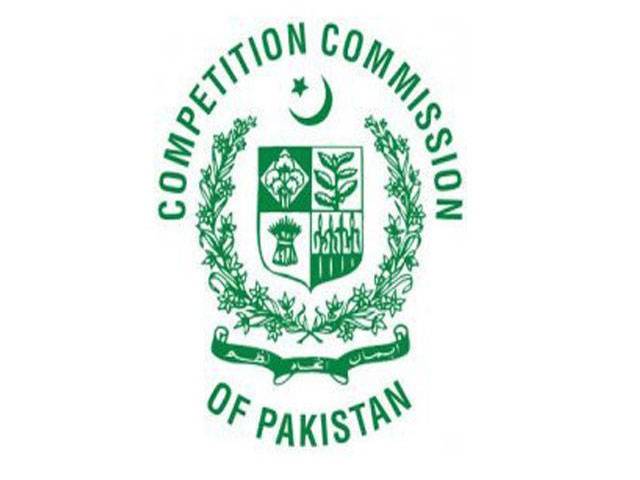ISLAMABAD
The Competition Commission of Pakistan (CCP) has issued show cause notices to Pakistan Automotive Manufacturers Authorized Dealers Association (PAMADA) and its 44 members for prima facie cartelisation amongst automobile dealers in violation of Section 4 of the Competition Act, 2010.
The CCP took suo moto notice of allegations against PAMADA that it was fixing rates of automobile repair and paint jobs. Consequent to an inquiry conducted by the Commission, a search and inspection of the premises of PAMADA was also carried out, under Section 34 of the Act, on 7 May 2014.
According to the findings of the inquiry report, prima facie, collusion took place in the four relevant markets, i.e. (i) new automobiles sales, (ii) genuine automobile spare parts, (iii) automobile body repairs and paint jobs, and (iv) the experienced sales and technical staff hiring market at authorized dealers in Pakistan.
With respect to the market for new automobiles, PMADA appears to have taken decisions regarding the division of the market and allocation of quota with respect to new automobile sales. Similarly, PAMADA apparently fixed the prices of genuine spare parts supplied by automobile manufacturers by strictly prohibiting its members to offer discounts. In the area of body repairs and paint jobs, PAMADA took collective decisions regarding the rates of automotive body repairs and paint job services offered by its members, especially for insurance companies. And finally, the evidence of collusion was found in the area of human resources, where PAMADA took collective decisions to restrict the movement of human resources between automobile dealers.
The inquiry report noted that these arrangements between PAMADA and its members apparently have the object and effect of preventing, restricting or reducing competition in the relevant markets. On the basis of the findings of the inquiry report, PAMADA and its 44 members were issued show cause notices.
CCP’s inquiry observed that collusion and cartelization are the most egregious form of anti-competitive behavior. When competitors take collective business decisions, the market and consumers suffer from uncompetitive prices, fewer choices, and reduced quality of products.
Collusion and cartelization also raise entry barriers, restricting entry of new players, which further stagnates competition. The automobiles sector in Pakistan is a relatively small one, with just a handful of major market players competing in the market. In this situation, any collusion in the sector, like the instances highlighted in this inquiry, will lead to a serious degradation of competition in the market. It would, therefore, be in the public interest to ensure that there is no collusion or cartelization in the sector so as to ensure healthy competition therein.
It is the responsibility and obligation of the Commission under the Competition Act to ensure free competition in all spheres of commercial and economic activity to enhance economic efficiency and to protect consumers from anti-competitive behaviour.
Friday, April 19, 2024
CCP issues show-cause notice to Pamada for cartelisation

5:19 PM | April 19, 2024
Minister advocates for IT growth with public-private collaboration
9:57 PM | April 19, 2024
Formula 1 returns to China for Round 5
9:05 PM | April 19, 2024
Germany head coach Julian Nagelsmann extends contract till 2026 World Cup
9:00 PM | April 19, 2024
IMF urges Italy, France to spend less, Germany to loosen purse strings
8:57 PM | April 19, 2024
Empowering Women: The Vision of Maryam Nawaz Sharif
8:37 PM | April 19, 2024
A Tense Neighbourhood
April 19, 2024
Dubai Underwater
April 19, 2024
X Debate Continues
April 19, 2024
Hepatitis Challenge
April 18, 2024
IMF Predictions
April 18, 2024
Kite tragedy
April 19, 2024
Discipline dilemma
April 19, 2024
Urgent plea
April 19, 2024
Justice denied
April 18, 2024
AI dilemmas unveiled
April 18, 2024
ePaper - Nawaiwaqt
Advertisement
Nawaiwaqt Group | Copyright © 2024





